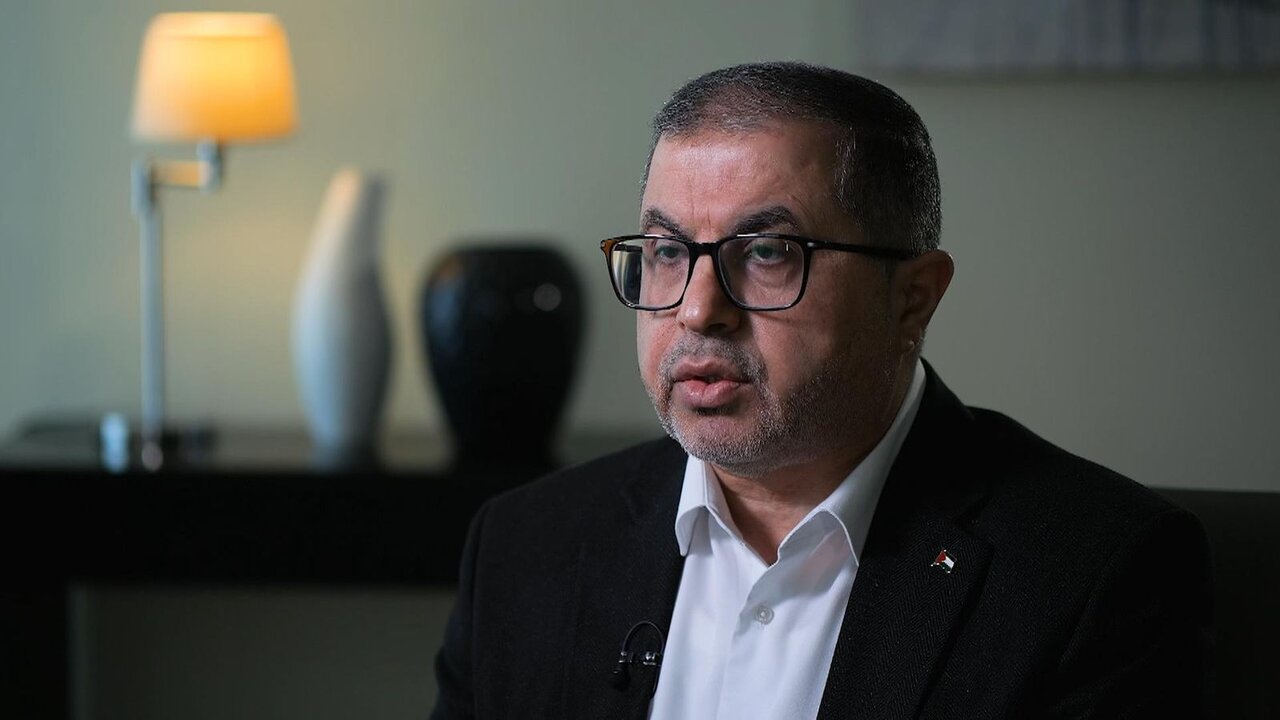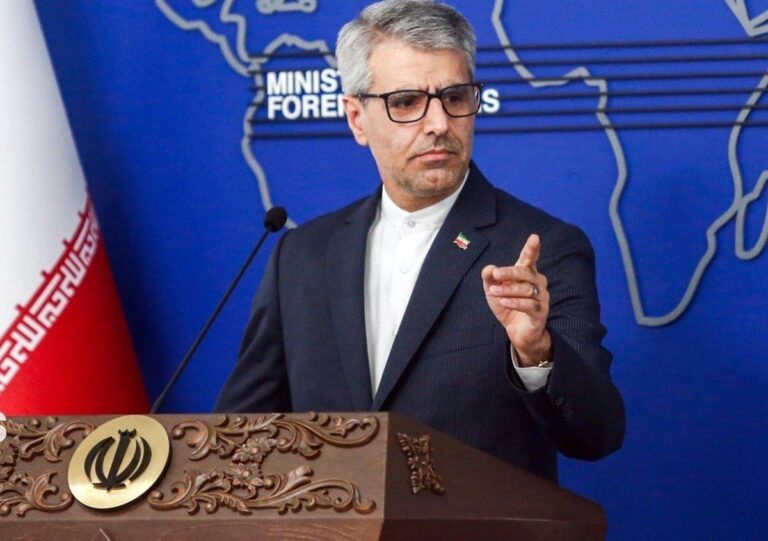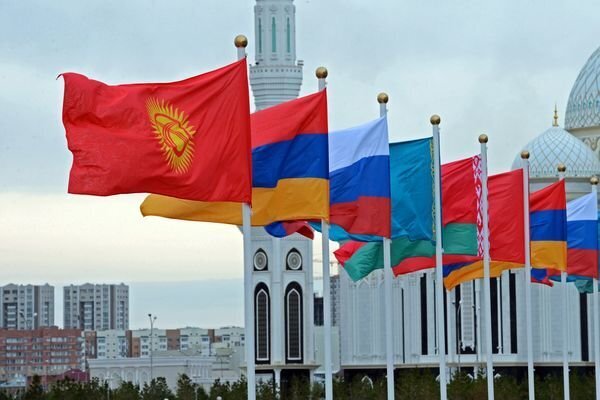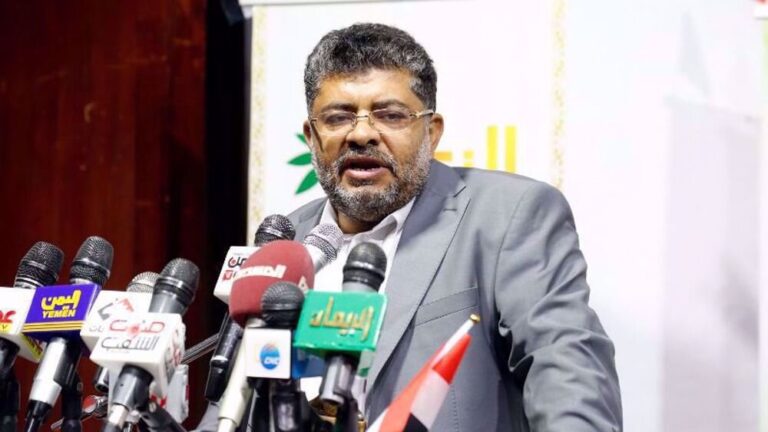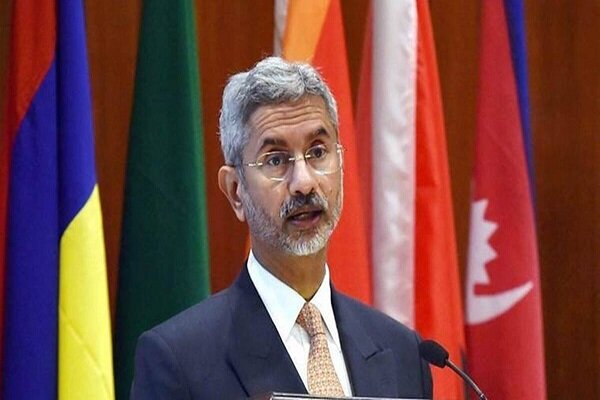Hamas Declares No Value in Continued Gaza Truce Negotiations
A senior Hamas official has recently declared that the group is no longer interested in pursuing truce talks with Israel. This significant statement sheds light on the ongoing humanitarian crisis in Gaza, with calls for the international community to intervene and stop what is being described as Israel’s “hunger war” against the region.
Basem Naim, a member of Hamas’s political bureau and a former health minister in Gaza, expressed his views in an interview with AFP. He stated, “There is no sense in engaging in talks or considering new ceasefire proposals as long as the hunger war and extermination war continue in the Gaza Strip.” Naim emphasized the urgent need for global pressure on the Israeli government, led by Prime Minister Benjamin Netanyahu, to put an end to what he termed the “crimes of hunger, thirst, and killings” in Gaza.
The urgency of Naim’s remarks comes in the wake of Israel’s military announcement regarding an expansion of operations in Gaza, which includes plans to displace a significant portion of the territory’s population. This escalation follows a statement from Israel’s security cabinet, which has approved a military strategy aimed at the “conquest of the Gaza Strip and the holding of the territories.” The situation in Gaza has been dire, with nearly all of the territory’s inhabitants displaced multiple times since the outbreak of conflict on October 7, 2023.
Gaza has been under a total Israeli blockade since March 2, leading to a severe humanitarian crisis that has drawn international concern. Following a two-month truce, Israel’s military renewed its offensive in the Gaza Strip on March 18. The ramifications of these actions are alarming, as echoed by a UN spokesman who reported that Secretary-General Antonio Guterres is “alarmed” by the Israeli military plan that “will inevitably lead to countless more civilians killed and the further destruction of Gaza.”
The Israeli military’s decision to escalate operations comes amidst repeated warnings from the UN and various aid organizations regarding the impending humanitarian catastrophe in Gaza, with famine becoming a pressing concern. A senior Israeli security official revealed that a critical aspect of the military plan involves a large-scale evacuation of the entire Gazan population from conflict zones to designated areas in southern Gaza.
In response to these developments, French Foreign Minister Jean-Noel Barrot publicly criticized Israel’s planned offensive in Gaza, labeling it as “unacceptable” and asserting that the Israeli government is “in violation of humanitarian law.” Such statements highlight the growing international scrutiny of Israel’s actions and their implications for human rights.
For many Palestinians, the idea of forced displacement resonates deeply, invoking painful memories of the “Nakba,” which refers to the mass displacement that occurred during the 1948 war leading to the establishment of Israel. The historical significance of this event underscores the gravity of the current situation and the emotional turmoil experienced by the affected population.
- Hamas Official’s Statement: Naim urges global pressure on Israel to cease its military actions.
- Israel’s Military Expansion: Plans include displacing a large portion of Gaza’s population.
- International Response: UN and world leaders express alarm over the humanitarian impact.
- Historical Context: Forced displacement echoes the traumatic events of the Nakba for Palestinians.
As the conflict continues to escalate, the humanitarian situation in Gaza remains critical. With international leaders and organizations calling for urgent intervention, the global community is faced with the challenge of addressing both the immediate needs of the Palestinian population and the broader implications of the ongoing violence. The call for an end to the “hunger war” and military operations highlights the essential need for dialogue and resolution in a region long plagued by conflict.
As the situation develops, it is crucial for the international community to stay informed and engaged, advocating for human rights and humanitarian assistance for those affected by the crisis. The ongoing conflict in Gaza is not just a regional issue but a global concern that requires collective action and solidarity.
